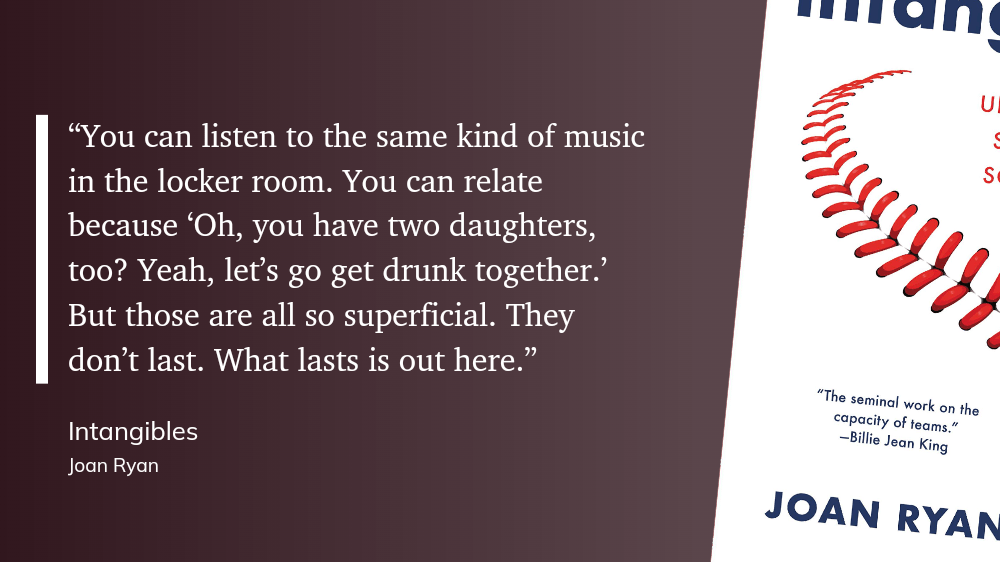Long one, I broke it up into 3 sections, I’m very passionate about coaching & psychology 
I want coaches that dont just have athletes bowl games to practice.
Imagine if Hockey or Football teams just played full matches at practices and thats it.
A practice should be about breaking elements of the game down and figuring out what individual element you should improve. Setting SMART goals to improve them & reach new heights.
My coaching is all about taking the weakest aspect of your game, working on it until its your strength & repeat. (Im not perfect nor will I ever be, I am consistently using this even on my own self as a coach)
Weaknesses / elements to work on can vary from aspects on the lane like precision, accuracy, ball speed, angle of entry; on the approach like timing, step speed, on paper like spare conversion, middle hits, pinning; to mental pressure handling, pregame, self-talk, etc
I want coaches that coach the sport & not just their way of approaching the sport. Everyone is different, different minds, different bodys, no 2 styles should be the same, and when coaching you shouldnt be forcing your style on to someone else.
Learn the basics & how to coach them. Dont just learn your style & only know how to coach it.
Learn to understand your athletes, and how they interpret language & process things. Everyones brains think different dont assume what works for one will work for all.
Finally I want coaches that take the mental side of bowling just as if not more seriously than the physical side.
Learn about how the brain & mind affects your body, your movement & your sucess.

